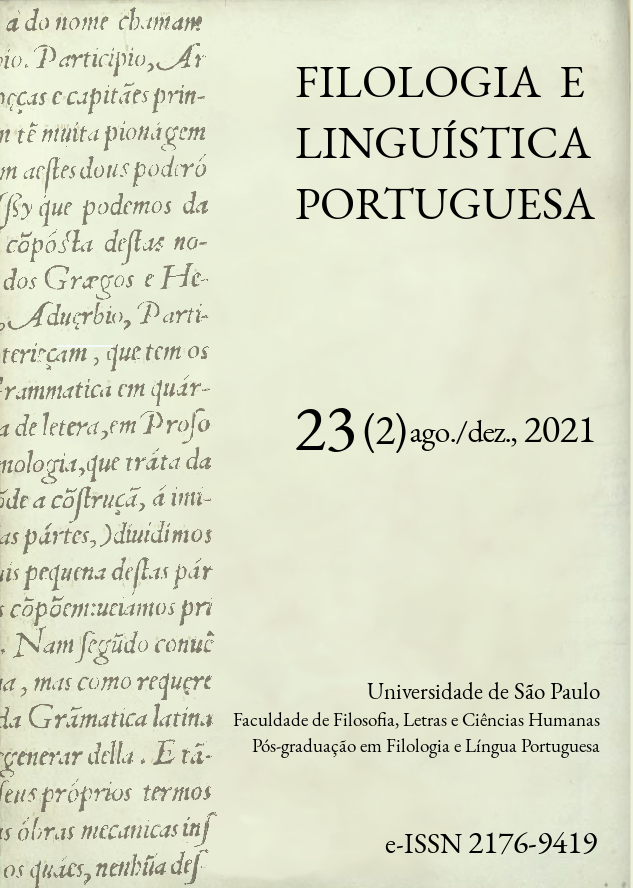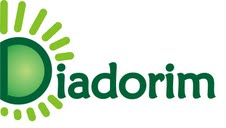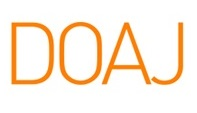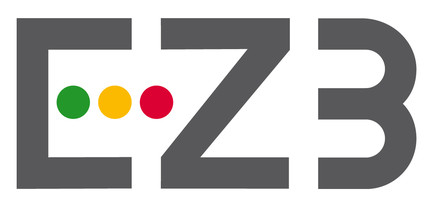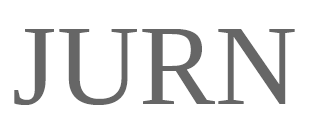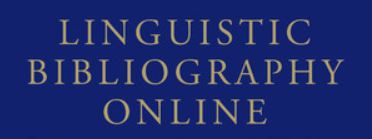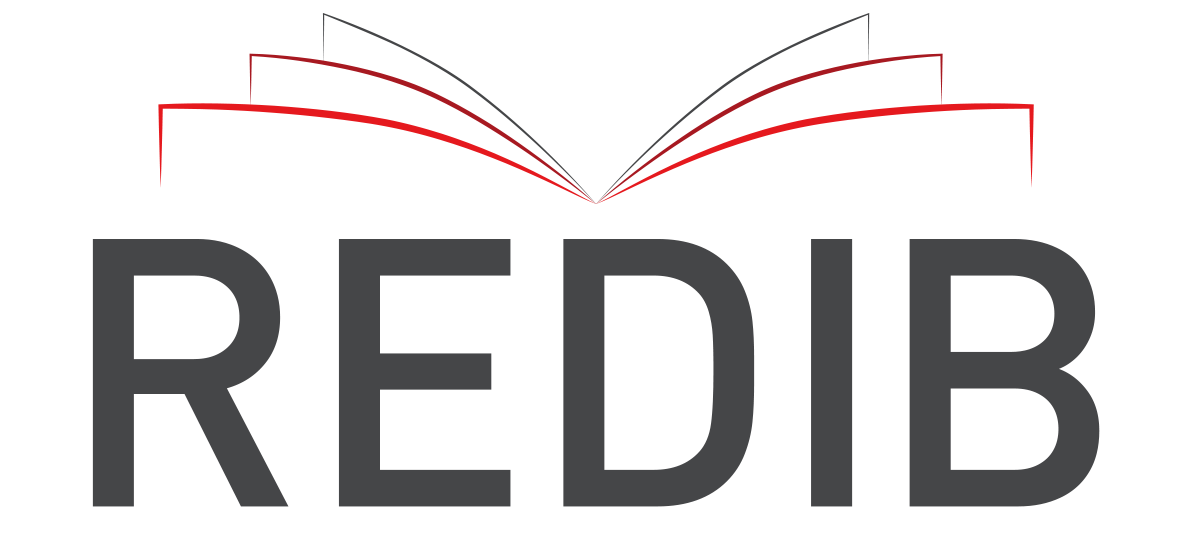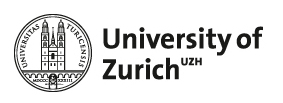Palaeographic Literacy: writing beyond code
DOI:
https://doi.org/10.11606/issn.2176-9419.v23i2p209-223Keywords:
Palaeography, Writing culture, Palaeographic Literacy, Uses of writing, Writing learningAbstract
This paper aims to discuss and investigate a relevant issue related to palaeographic literacy: the influence of writing history on contemporary texts, and the emergence of writing. The research was done with basis on well-known theorists in this field of studies: Fischer (1999, 2006), Martins (2002), Janson (2015); and others, who investigate writing nowadays: Soares (2002) and Street (2012). The study consisted of the analysis of two groups of texts: one group comprises texts produced in the eighteenth century, considering that they contain crucial features for the study at play. The other group consists of school texts selected from the internet. This assisted us to realize and comprehend how writing evolved over the years. Results proved that palaeography is not only a science that contributes to decoding ancient texts. It also plays an important role in practices of writing of contemporary texts. This proves that palaeography did not get stuck in its time. On the contrary, when it comes to writing, it is connected to every social movement which emerges over the years. We could notice that it is an interdisciplinar science, seeing that it makes a good contribution to Linguistics as a whole. To sum up, paleography does not only reflects the history of writing, but also helps in the processs of production and reception of contemporary texts. We can regard it as a science which advanced as other important sciences did in our society. We are opposed to some scholars who believe that palaeography got stuck in ancient times. Our findings in our research proved that it may treated as a modern science. Therefore, their rationale needs be re-thought.
Downloads
References
Acioli VL. Escrita no Brasil colônia: um guia para leitura de documentos manuscritos. Recife: UFPE, Fundação Joaquim Nabuco, Massangana; 1994.
Berwanger AR, Leal JEF. Noções de paleografia e de diplomática. 4.ª ed. Santa Maria: Editora UFSM; 2012.
Fischer SR. Uma história da linguagem. Tomás MIG, tradutora. Lisboa: Temas e debates; 1999.
Fischer SR. História da escrita. Pinsky M, tradutora. São Paulo: Editora da UNESP; 2009.
Higounet C. História concisa da escrita. Marcionilo M, tradutor. São Paulo: Parábola; 2003.
Janson T. História das línguas: uma introdução. Bagno M, tradutor. São Paulo: Parábola; 2015.
Loiola WR. Edição e estudo do gênero alvará do século XVIII ao XXI no Ceará [tese]. Fortaleza: Programa de Pós-Graduação em Linguística Aplicada, Universidade Estadual do Ceará – UECE; 2019. Disponível em: https://siduece.uece.br/siduece/trabalhoAcademicoPublico.jsf?id=95924.
Martins W. A palavra escrita: história do livro, da imprensa e da biblioteca. 3.ª ed. São Paulo: Ática; 2002.
Mendes UD. Noções de paleografia. São Paulo: Secretaria de Educação; 1953.
Snyder I. Ame-os ou deixe-os: navegando no panorama de letramentos em tempos digitais. In: Araújo JC, Dieb M, organizadores. Letramentos na web: gêneros, interação e ensino. Fortaleza: Edições UFC; 2009. p. 23-46.
Soares M. Letramento: um tema em três gêneros. 2.ª ed. Belo Horizonte: Autêntica; 2002.
Street BV. Eventos de letramento e práticas de letramento: teoria e prática nos novos estudos de letramento. In: Magalhães I, organizadora. Discursos e práticas de letramento: pesquisa etnográfica e formação de professores. Campinas: Mercado de Letras; 2012.
Tfouni LV. Letramento e alfabetização. São Paulo: Cortez; 1995.
Zozaya-Montes L. Paleografia de las edades media y moderna: transcribir la escritura antigua [Internet]. 2017. Disponível em: https://paleografia.hypotheses.org/2183.
Downloads
Published
Versions
- 2021-12-30 (2)
- 2022-07-02 (1)
Issue
Section
License
Copyright (c) 2021 Wagner Rodrigues Loiola, Expedito Eloísio Ximenes

This work is licensed under a Creative Commons Attribution-NonCommercial 4.0 International License.
Copyright is transferred to the journal for the online publication, with free access, and for the printing in paper documents. Copyright may be preserved for authors who wish to republish their work in collections.


